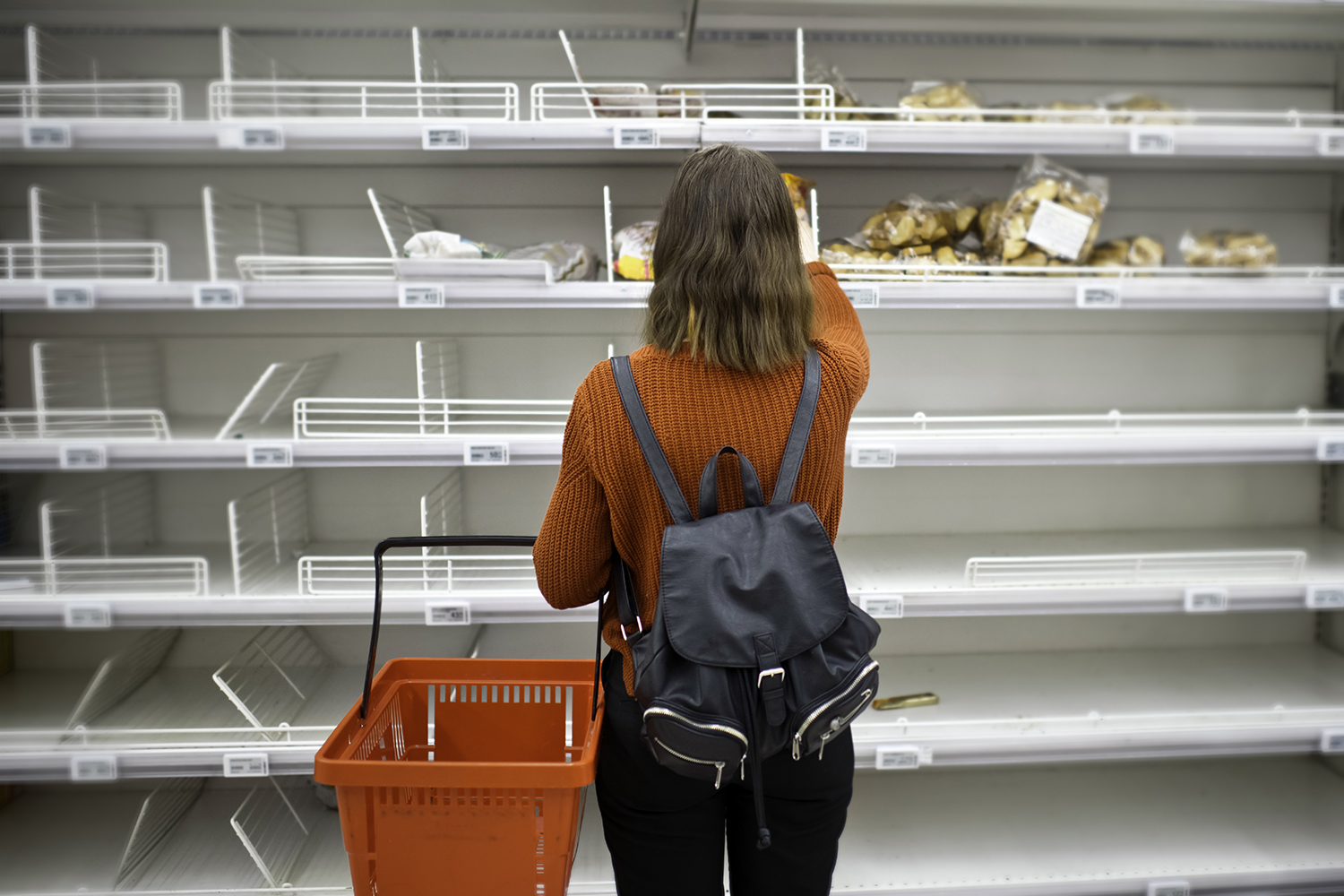Supply chain operations pivot to meet consumers’ needs amid global pandemic
“Supply chain” and “logistics” have become buzzwords during the COVID-19 pandemic. Toilet paper and hand sanitizer, among other items, have been hard to come by for many Americans. Now, more than ever, people are considering how the supply chain, or the network that brings goods to consumers, operates.

“Supply chain” and “logistics” have become buzzwords during the COVID-19 pandemic. Toilet paper and hand sanitizer, among other items, have been hard to come by for many Americans. Now, more than ever, people are considering how the supply chain, or the network that brings goods to consumers, operates.
Dr. Scott Keller, speaks with expertise on how the pandemic affects the industry particularly with high-demand items, such as toilet paper.
“Reports indicate that about 40% increase of usage is going on now in the home as opposed to the office because we’re now working from home and schooling from home,” Keller said. “So yes, indeed our consumption has gone up.”
According to him, the retailer has to adjust their forecasting models to include this new behavior of consumers using more products while working from home. If an increase in consumption is the case, Keller says that retailers should adjust how much they purchase from suppliers to normalize things.
However, he also adds that there is a level of panic buying going on, which is shifting the inventory from the warehouses and factories to pantries and cabinets across the country.
“Consumers are worried when they go to the grocery store and see that the shelves are empty,” he said. “So what we’re seeing here is that this safety stock of toilet paper for home consumption is shifting from our warehouses to our home and in our cabinets.”
Supply chain operation is critical to business, especially during a global pandemic. Consumers depend on an uninterrupted flow of essential items and the medical sector relies on personal protective equipment. In addition, distributors who typically produce goods that are not being purchased during the crisis, such as luxury items, must find a way to change their business models overnight to keep their people employed.
Keller says that companies with flexibility, those that are able to provide logistics and supply chain services to clients across a variety of industries under a variety of conditions, during this time will thrive.
JD Thomas, UWF College of Business alumnus and district director at Crane Worldwide Logistics, helps global customers handle supply chain problems–especially during uncertain times.
“Our business is 100% about agility,” Thomas said. “We have to change as the market moves. If I read something in the paper about there being a PPE shortage, we can go see those guys and see how we can help them with warehousing, distribution, etc.”
According to Thomas, there are many moving parts to how COVID-19 affects supply chains, with circumstances changing by the day.
“Outside of needing to be agile, there is a lot of modeling that we’re helping hospitals with,” Thomas said. “We are helping them to understand inventory levels and how a burn rate works under different circumstances. They’re under a firefight to treat patients, so we’re on standby ready to help them think critically about when it’s time to source more PPE based on the peak of the virus.”
Keller, who was once a frontline supply chain logistic manager, researches managing the frontline employees in logistics and supply chain operations. He hopes that when things settle down, he and Thomas can write a case study that evaluates the impact of the mindset of management and personnel, and how those characteristics allowed companies to emerge from the pandemic successfully compared to companies that lacked people intelligence.
For more information about the UWF College of Business, visit uwf.edu/cob.


